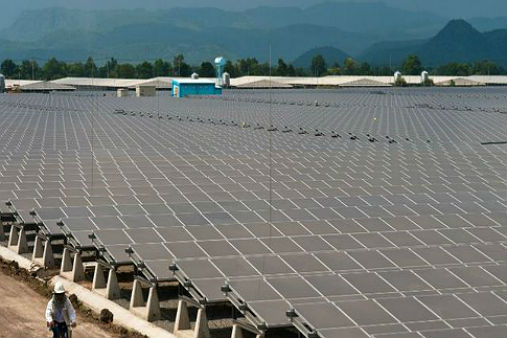Why Pres Duterte Administration should push for renewable energy

The politicians and the advisers and the tycoons in the country engaged in energy development are pushing for coal fired (fossil fuel) plants despite on going drive for going green. The coal proponent say that RE is expensive.. While coal fired plants are cheap in the beginning it becomes costly in the long run because of the coal importation, the health concerns, the environmental degradation. Wind and solar power are free and have less maintenance expense.
Over 147 gW capacity has been installed worldwide costing $280 billion generating thousands of jobs.
Again to repeat the advantages of RE:
Renewables – as opposed to coal and other fossil fuel industries – typically have a relatively higher labor intensity, which means they spend more on hiring people; have a higher domestic content; and often produce higher-value, better paying, cleaner, and healthier jobs than the fossil fuel industry.
In sum, renewables can:
- Generate tens of thousands of jobs
- Save the government money in terms of tax revenue and foreign exchange savings
- Boost economic growth especially in vulnerable areas suffering from energy poverty
- Lower the cost of renewable energy for the long run by impacting the spot market
- Save customers money
The Philippines can speed up the energy revolution that is already underway, turn its back on coal, seize the moment, and lead the way for renewables in Southeast Asia while capitalizing on its success in renewable power generation such as solar and wind, including the manufacturing of solar PV panels. (There is all ready one such company) Embracing the energy revolution and harnessing renewables doesn’t mean bankruptcy and sacrifice. The facts show that it can bring us wealth, cost savings, and employment.


